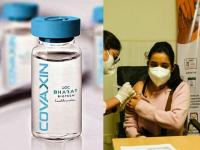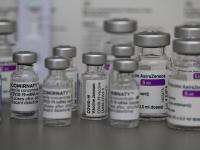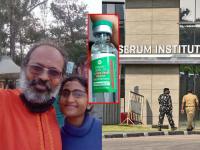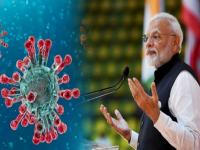8-year old Chennai boy becomes first case of COVID-19 inflammatory syndrome
By Lokmat English Desk | Published: May 19, 2020 04:51 PM2020-05-19T16:51:26+5:302020-05-19T16:51:26+5:30

An eight-year-old boy from Chennai has become India’s first case of acute illness because of hyper-inflammatory syndrome associated with the coronavirus disease (Covid-19).
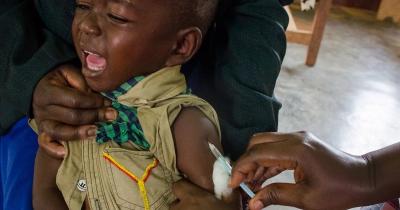
This syndrome describes inflammation in the entire body, including vital organs, which leads to multiorgan failure and shock.
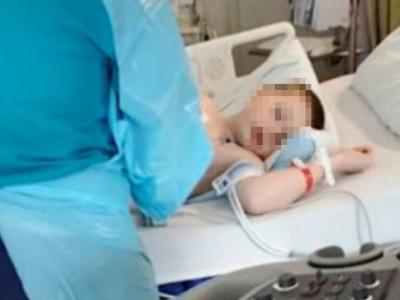
The Covid-19 positive child was brought in a critical condition to Kanchi Kamakoti CHILDS Trust Hospital, Chennai, and was admitted into the intensive care unit, with overlapping features of toxic shock syndrome (toxins produced in body due to overgrowth of a microbe leading to shock) and Kawasaki disease (that leads to inflamed blood vessels), according to the pre-print paper published in the journal of Indian Paediatrics on May 10.
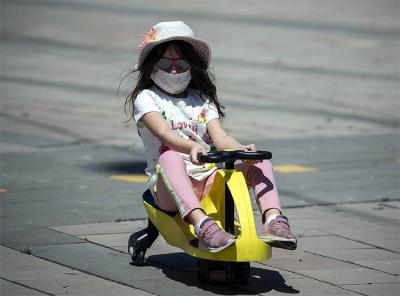
The initial differential diagnoses were pneumonia with septic shock, COVID-19 penumonitis, Kawasaki Disease and Toxic Shock Syndrome.,” said the paper titled, “Hyper-inflammatory syndrome in a child with Covid-19 treated successfully with intravenous immunoglobulin and tocilizumab”.
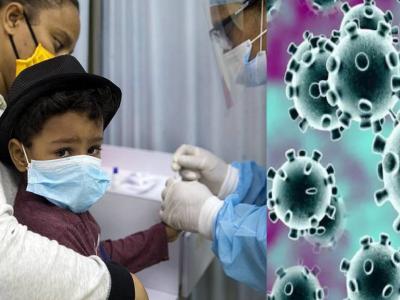
A paper published in The Lancet on May 7 documented having found a cluster of eight children with similar symptoms in South Thames Retrieval Service in London during a period of 10 days in mid-April. There have also been reports of similar cases from the US.
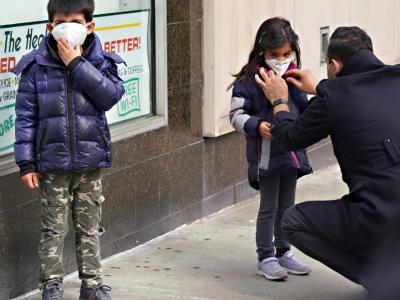
Available data says the disease is generally milder in children and adolescents compared with adults. The World Health Organization (WHO) has created a working group of experts from all over the world to begin investigating cases to establish evidence on whether Covid-19 can lead to multiorgan failure also in this age group.
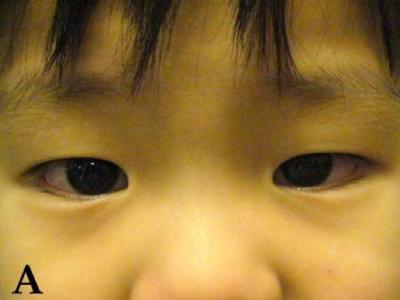
Dr Rakesh Lodha, department of pediatrics, All India Institute of Medical Sciences, New Delhi, is one of the 10 experts from five countries that are a part of the newly constituted working group.
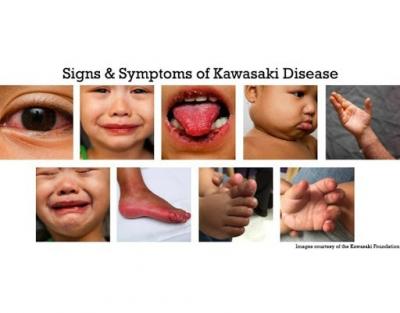
The United Nations body has formed the working group to have a protocol in place for collection, collation and analysis of data from around the world, and India is likely to be one of the countries selected as surveillance sites.
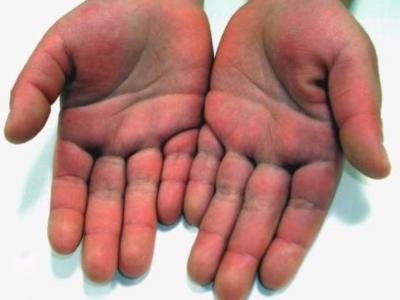
“The group has just been formed to look into evidence to ascertain whether these clusters that are being reported from various countries of inflammatory shock syndrome in kids and adolescents are in context with Covid or not because these symptoms can also be seen in other infections.
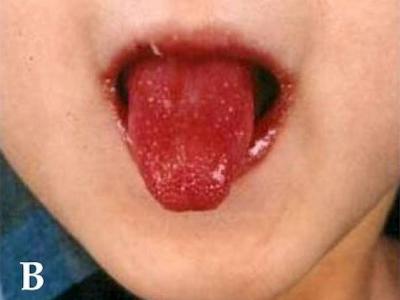
The idea is to know whether Covid can lead to this or not since so far it was believed that the disease is largely milder in children,” says Lodha, who is a professor in the paediatrics department.
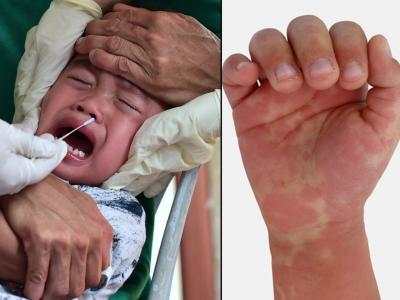
“India could also be selected as one of the sites as there is a case documented from within the country that fits into the case definition that the WHO has defined for selecting children as case studies. WHO will be collecting and analysing data but right now the next step will be to form data sharing protocols as it would relevant permissions from local authorities,” he says. Children up to 19 years of age who are either in the intensive care unit or have severe symptoms will be studied.


















